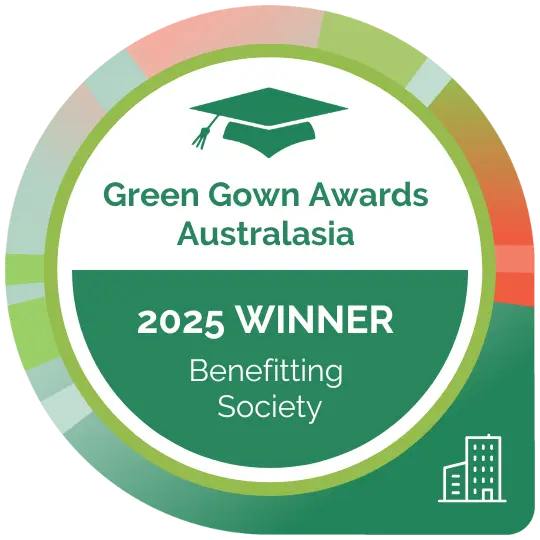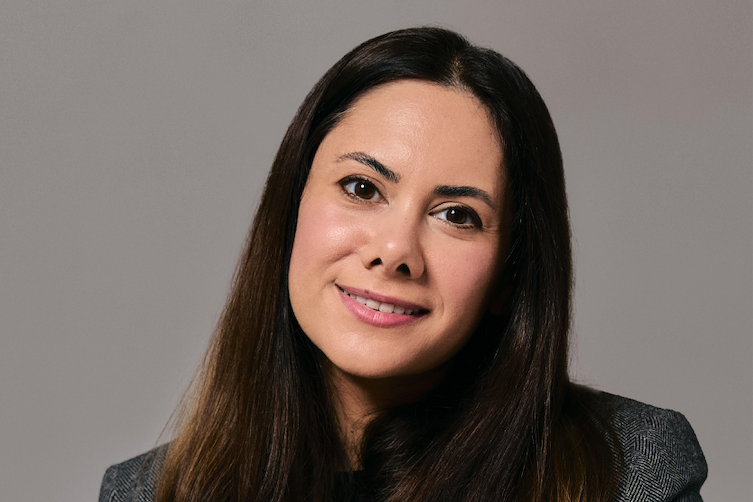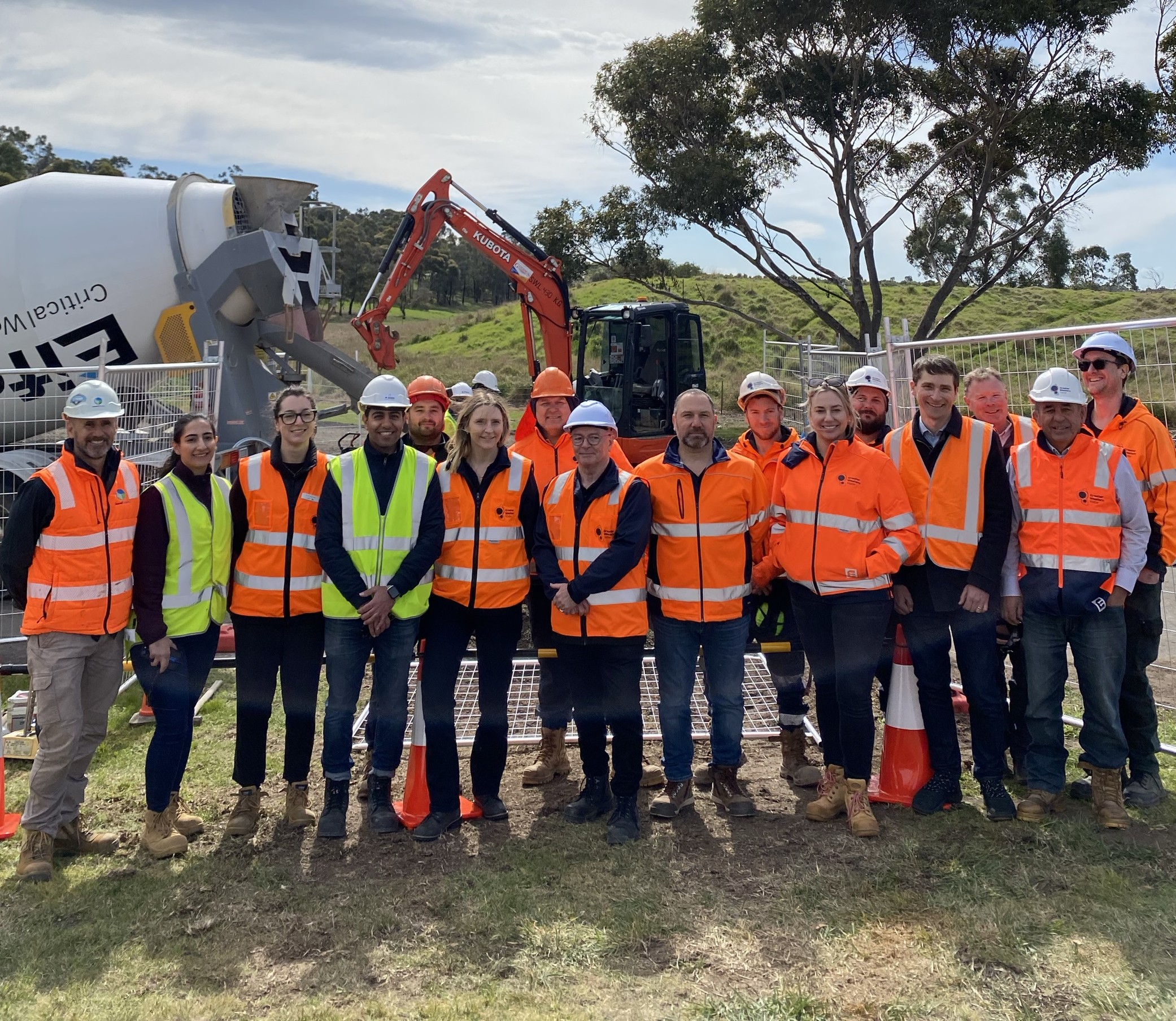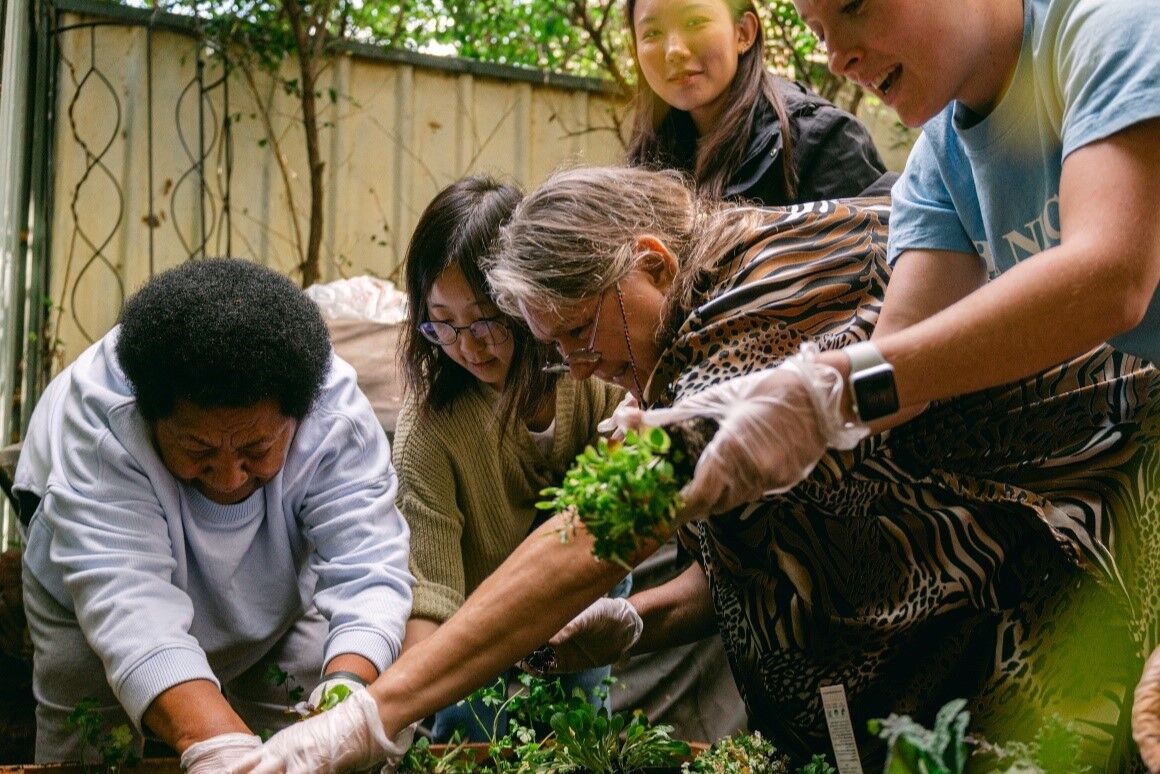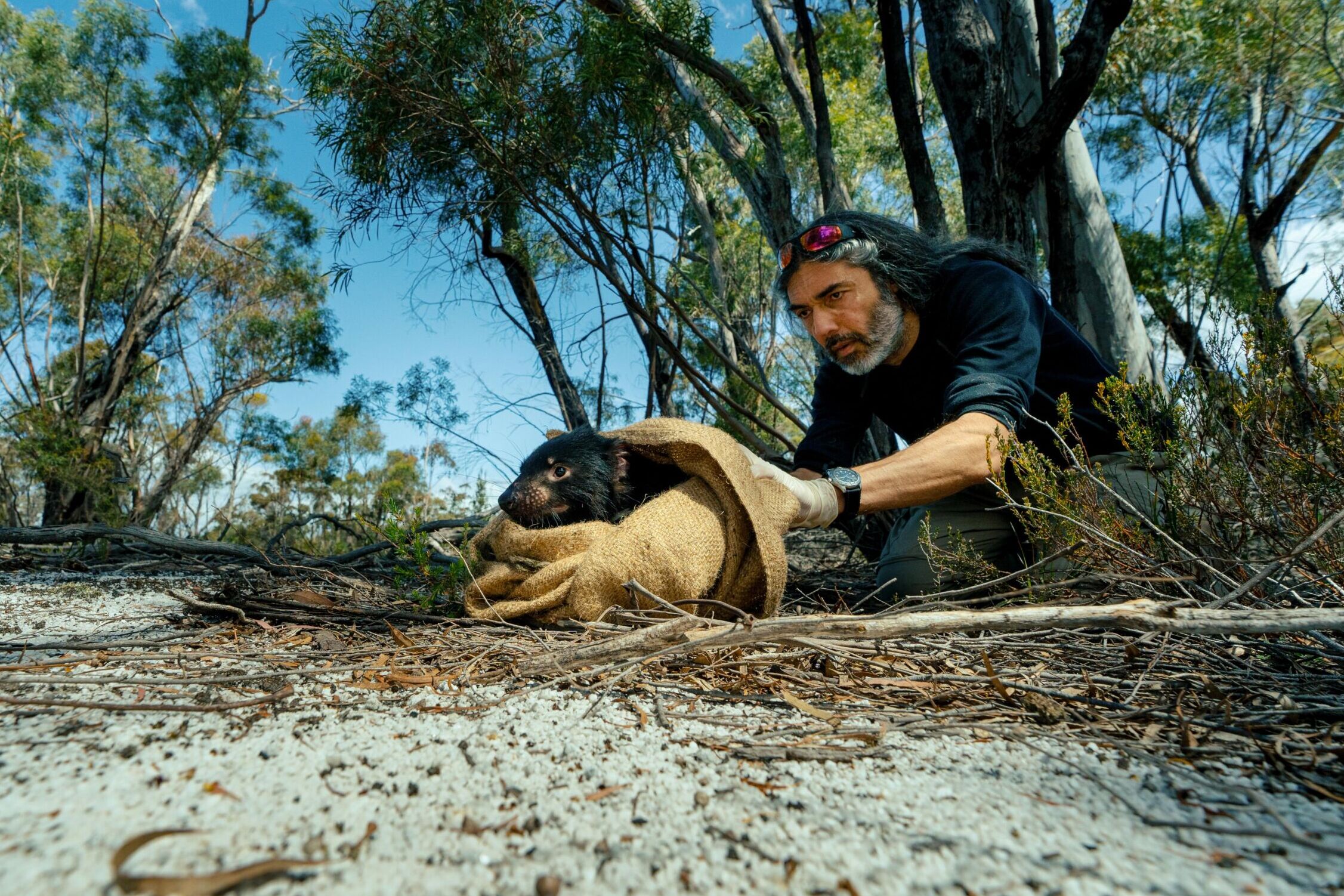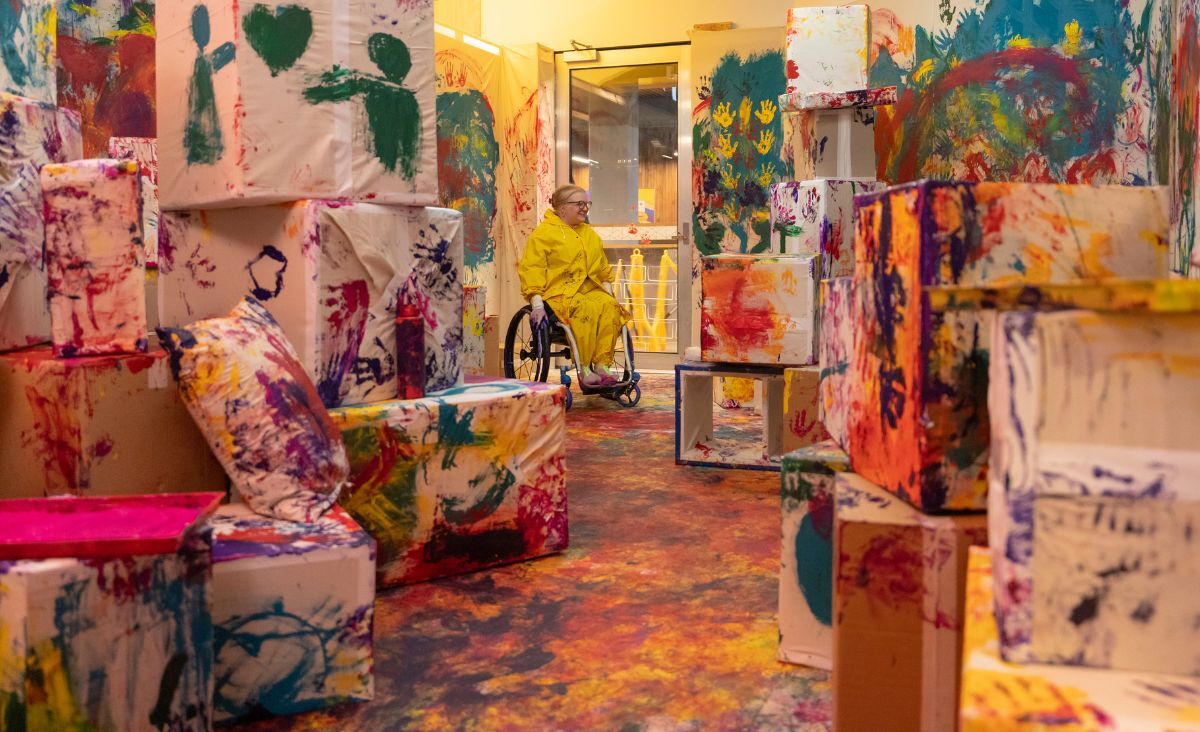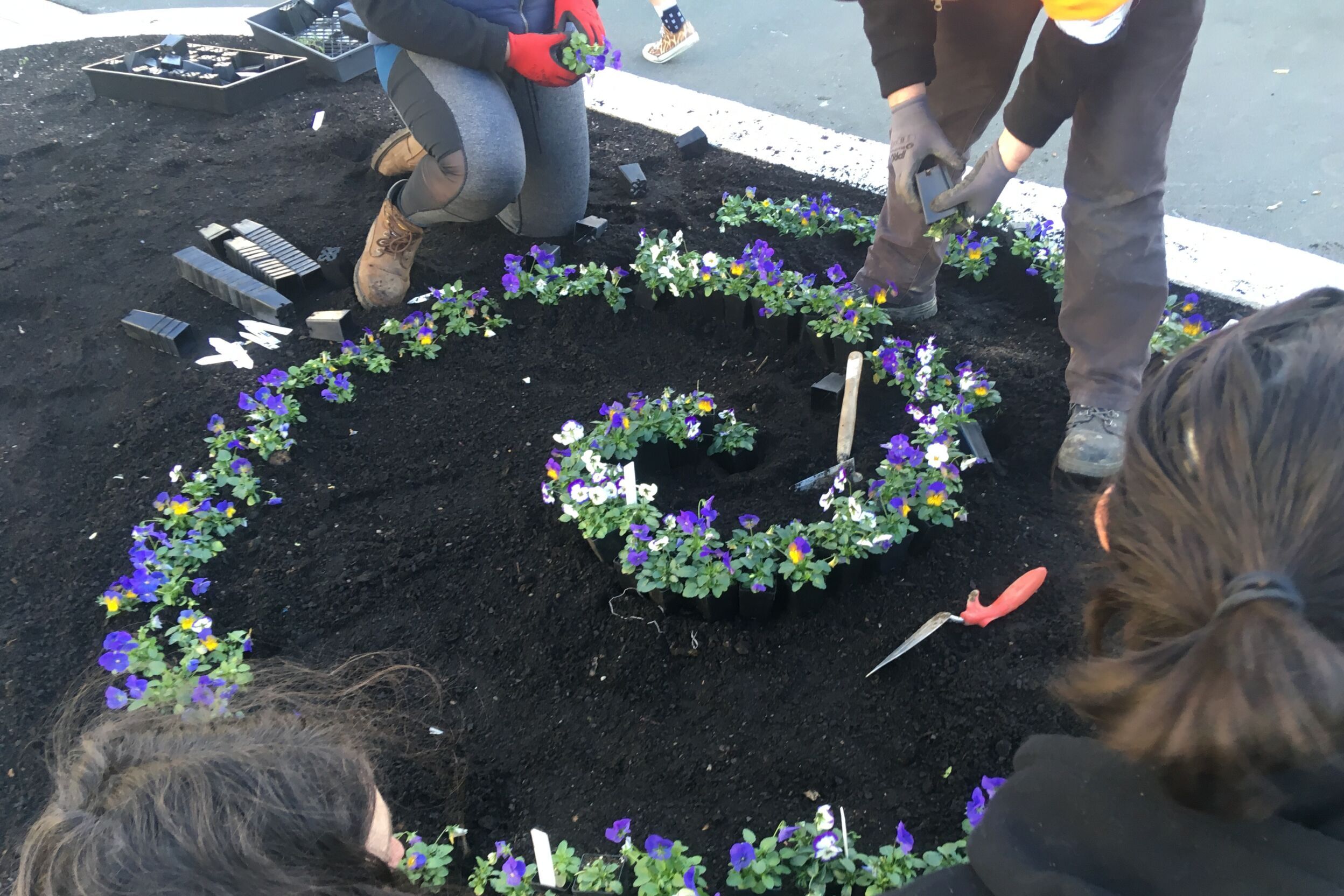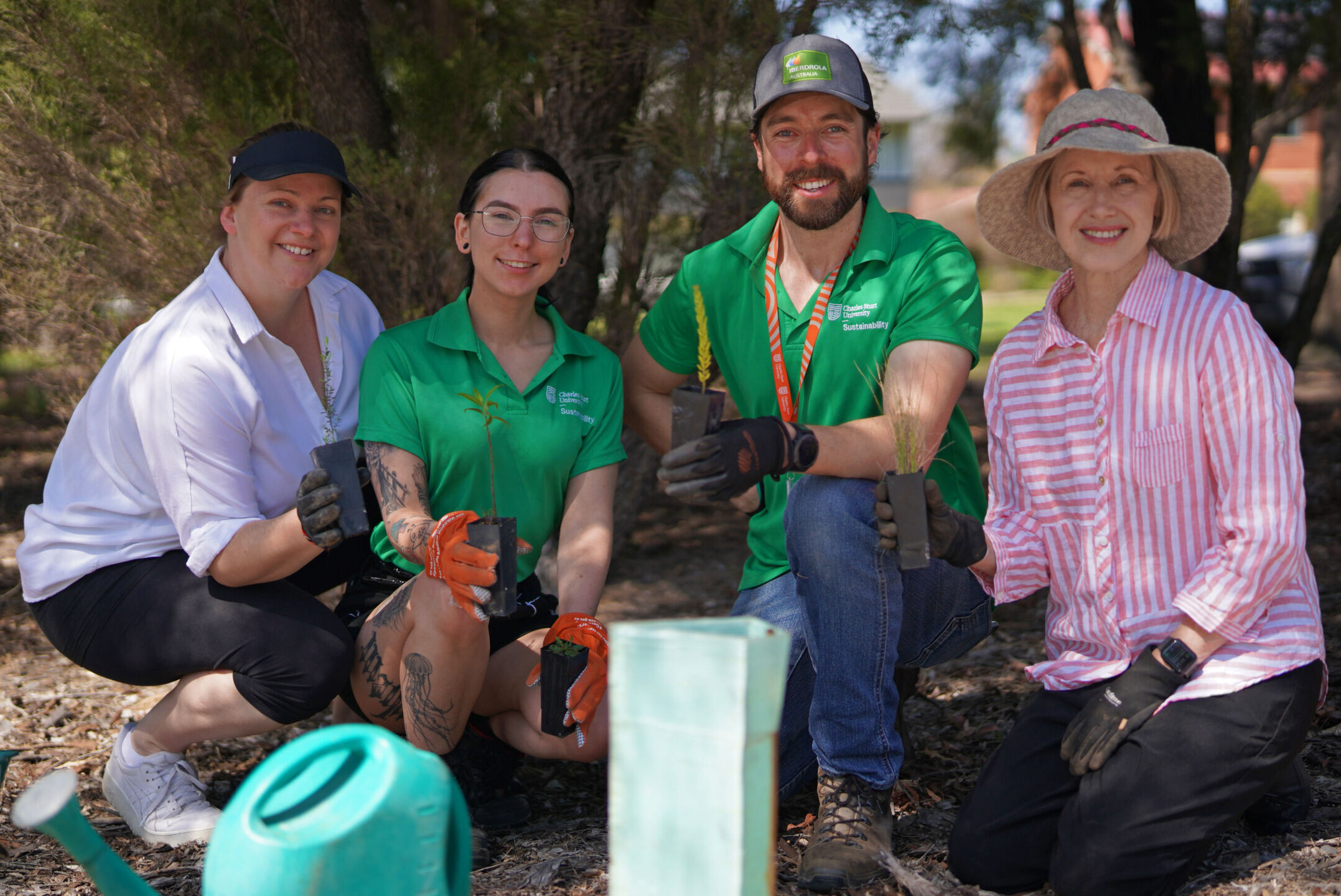Benefitting Society/Winner category
The Tasmanian Policy Exchange (TPE) at the University of Tasmania bridges the gap between academic research and real-world decision-making. As a collaborative hub for policy innovation, TPE partners with state and local governments, industry, and communities to co-design practical, evidence-based responses to Tasmania’s complex sustainability and social challenges. To communicate these responses, in addition to publishing on their website and traditional media, the TPE have created Policy In My Backyard (‘PIMBY’). PIMBY provides short but insightful policy analysis on the things that matter to Tasmanians – from elections to the environment, and healthcare to housing. Through its place-based, outcomes-focused approach, the TPE has influenced climate and sustainability strategy, emissions reduction planning, and local government reform. TPE empowers students, researchers, and communities to contribute meaningfully to policy processes—driving systemic change and building public trust in university expertise.
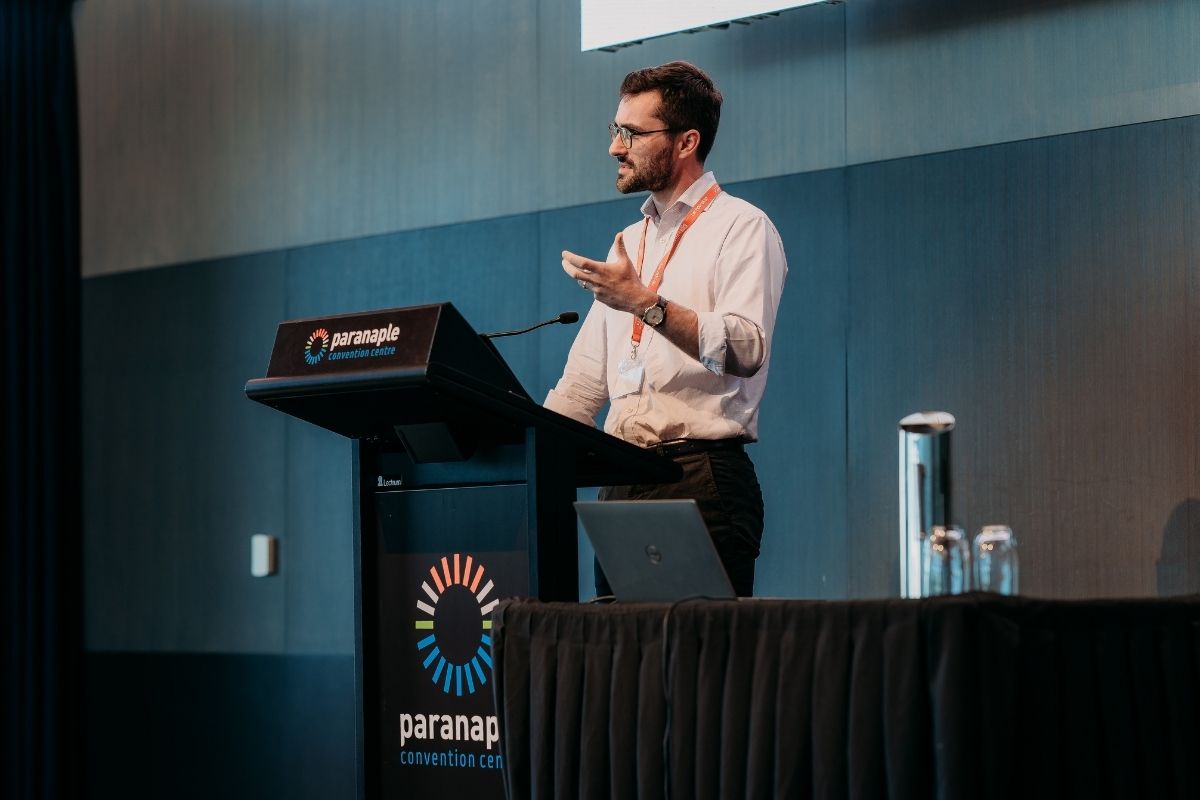
Environmental and Social Benefits
- Informed the development of Tasmania’s first whole-of-government Sustainability Strategy by synthesising academic research and stakeholder insights, ensuring that the Strategy reflects ecological, social and economic priorities.
- Contributed to Tasmania’s updated Climate Action Plan and emissions reduction commitments by advising on climate legislation and sector-specific targets, including renewable energy and carbon neutrality objectives.
- Developed policy advice and research to improve bushfire emissions reporting and monitoring practices, supporting more accurate accounting of forest carbon and informing climate-positive land management strategies.
Leadership and Engagement
- Mobilised more than 45 academic staff and 9 graduate interns across faculties to co-deliver projects on transport emissions, housing equity, biodiversity, and climate change, embedding interdisciplinary expertise into policymaking.
- Established a trusted, long-term partnership model with government and civil society, providing independent, non-commercial policy input that enhances the credibility and accountability of public decision-making.
- Created publicly accessible research briefings, reports and consultation submissions that are actively used by advocacy organisations, councils, and industry to advance shared sustainability goals.
- Delivered its custom-designed ‘Policy Impact for Researchers’ workshops in Hobart, Burnie, and Launceston. The workshops provide UTas higher-degree research students and early career academics with crucial knowledge of knowledge of politics and policymaking, and the skills to convert their findings into compelling policy briefing documents.
Significance to the Sector
- Offers a replicable model for other universities seeking to deepen civic engagement and align research with regional sustainability transitions, particularly in areas where capacity and resources are limited.
- Contributes to national and sectoral dialogue through policy roundtables, submissions to federal inquiries, and thought leadership via media and public commentary, positioning the university as a convenor of expert insight.
- Demonstrates the unique value of universities as civic institutions—translating complex research into practical, place-sensitive solutions for social and environmental benefit.
Wider Societal Impact
- Shaped state legislation on climate change, voluntary assisted dying, and electoral reform by contributing expert-informed, publicly available research that influenced policy direction and community understanding.
- Provided policy advice on transport decarbonisation, public health, and local government reform, helping improve service delivery, environmental performance, and democratic engagement.
- Enabled students and recent graduates to develop professional skills and networks through internships and placements that directly contribute to government policy and community outcomes.
- Policy In My Backyard (‘PIMBY’) has been a source of information for community members and contributed to policy discussions on important issues facing Tasmania by providing independent, expert advice and information.
Top 3 learnings
Supported by

Category finalists
Staff Champion/Winner
Staff Champion/Winner
Leading the Circular Economy/Winner
Leading the Circular Economy/Winner
Benefitting Society
Benefitting Society
Nature Positive/Winner
Nature Positive/Winner
Creating Impact/Winner
Creating Impact/Winner
Staff Champion/Winner
Staff Champion/Winner
Sustainability Institution of the Year/Winner
Sustainability Institution of the Year/Winner
Leading the Circular Economy/Winner
Leading the Circular Economy/Winner
Diversity Equity & Inclusion/Winner
Diversity Equity & Inclusion/Winner
Benefitting Society
Benefitting Society
Nature Positive/Winner
Nature Positive/Winner
Sustainability Leadership/Winner
Sustainability Leadership/Winner
Next Generation Learning & Skills/Winner
Next Generation Learning & Skills/Winner
Nature Positive/Winner
Nature Positive/Winner
Next Generation Learning & Skills/Winner
Next Generation Learning & Skills/Winner
Student Champion/Winner
Student Champion/Winner
Student Engagement/Winner
Student Engagement/Winner
Past winners
Benefitting Society/Winners
Benefitting Society/Winners
Diversity, Equity & Inclusion in Sustainability/Winners
Diversity, Equity & Inclusion in Sustainability/Winners
Climate Action/Winners
Climate Action/Winners
Sustainability Institution of the Year/Winners
Sustainability Institution of the Year/Winners
Creating Impact/Winners
Creating Impact/Winners
Creating Impact/Winners
Creating Impact/Winners
Top 3 learnings
Benefitting Society/Winner category
The Tasmanian Policy Exchange (TPE) at the University of Tasmania bridges the gap between academic research and real-world decision-making. As a collaborative hub for policy innovation, TPE partners with state and local governments, industry, and communities to co-design practical, evidence-based responses to Tasmania’s complex sustainability and social challenges. To communicate these responses, in addition to publishing on their website and traditional media, the TPE have created Policy In My Backyard (‘PIMBY’). PIMBY provides short but insightful policy analysis on the things that matter to Tasmanians – from elections to the environment, and healthcare to housing. Through its place-based, outcomes-focused approach, the TPE has influenced climate and sustainability strategy, emissions reduction planning, and local government reform. TPE empowers students, researchers, and communities to contribute meaningfully to policy processes—driving systemic change and building public trust in university expertise.

Environmental and Social Benefits
- Informed the development of Tasmania’s first whole-of-government Sustainability Strategy by synthesising academic research and stakeholder insights, ensuring that the Strategy reflects ecological, social and economic priorities.
- Contributed to Tasmania’s updated Climate Action Plan and emissions reduction commitments by advising on climate legislation and sector-specific targets, including renewable energy and carbon neutrality objectives.
- Developed policy advice and research to improve bushfire emissions reporting and monitoring practices, supporting more accurate accounting of forest carbon and informing climate-positive land management strategies.
Leadership and Engagement
- Mobilised more than 45 academic staff and 9 graduate interns across faculties to co-deliver projects on transport emissions, housing equity, biodiversity, and climate change, embedding interdisciplinary expertise into policymaking.
- Established a trusted, long-term partnership model with government and civil society, providing independent, non-commercial policy input that enhances the credibility and accountability of public decision-making.
- Created publicly accessible research briefings, reports and consultation submissions that are actively used by advocacy organisations, councils, and industry to advance shared sustainability goals.
- Delivered its custom-designed ‘Policy Impact for Researchers’ workshops in Hobart, Burnie, and Launceston. The workshops provide UTas higher-degree research students and early career academics with crucial knowledge of knowledge of politics and policymaking, and the skills to convert their findings into compelling policy briefing documents.
Significance to the Sector
- Offers a replicable model for other universities seeking to deepen civic engagement and align research with regional sustainability transitions, particularly in areas where capacity and resources are limited.
- Contributes to national and sectoral dialogue through policy roundtables, submissions to federal inquiries, and thought leadership via media and public commentary, positioning the university as a convenor of expert insight.
- Demonstrates the unique value of universities as civic institutions—translating complex research into practical, place-sensitive solutions for social and environmental benefit.
Wider Societal Impact
- Shaped state legislation on climate change, voluntary assisted dying, and electoral reform by contributing expert-informed, publicly available research that influenced policy direction and community understanding.
- Provided policy advice on transport decarbonisation, public health, and local government reform, helping improve service delivery, environmental performance, and democratic engagement.
- Enabled students and recent graduates to develop professional skills and networks through internships and placements that directly contribute to government policy and community outcomes.
- Policy In My Backyard (‘PIMBY’) has been a source of information for community members and contributed to policy discussions on important issues facing Tasmania by providing independent, expert advice and information.
Supported by

Related finalists
Staff Champion/Winner
Staff Champion/Winner
Leading the Circular Economy/Winner
Leading the Circular Economy/Winner
Benefitting Society
Benefitting Society
Nature Positive/Winner
Nature Positive/Winner
Creating Impact/Winner
Creating Impact/Winner
Staff Champion/Winner
Staff Champion/Winner
Sustainability Institution of the Year/Winner
Sustainability Institution of the Year/Winner
Leading the Circular Economy/Winner
Leading the Circular Economy/Winner
Diversity Equity & Inclusion/Winner
Diversity Equity & Inclusion/Winner
Benefitting Society
Benefitting Society
Nature Positive/Winner
Nature Positive/Winner
Sustainability Leadership/Winner
Sustainability Leadership/Winner
Next Generation Learning & Skills/Winner
Next Generation Learning & Skills/Winner
Nature Positive/Winner
Nature Positive/Winner
Next Generation Learning & Skills/Winner
Next Generation Learning & Skills/Winner
Student Champion/Winner
Student Champion/Winner
Student Engagement/Winner
Student Engagement/Winner
Other finalists
Climate Action

Driving Towards Tomorrow’s Campus with Vehicle-to-Grid EV Technology
As part of Flinders University’s drive to innovate and become a leader in climate action, the University launched its Vehicle-to-Grid (V2G) initiative. This involved installing and maintaining 20x V2G and smart chargers for its growing electric vehicle fleet. Leveraging 100% renewable energy generated by ENGIE’s Willogoleche Wind Farm and Flinders University’s solar power systems, this enables the storage of renewable energy in EV batteries to be discharged on campus during peak demand periods. Hence, allows for these EV fleets to operate as a Virtual Power Plant (VPP) to deliver peak demand management and optimization of behind-the-meter generation.
Overall, this initiative demonstrates the reliability and scalability of bi-directional and uni-directional smart-charging systems for EVs in reducing GHG emissions while facilitating teaching, research, and innovation opportunities. Moreover, it exemplifies a sustainable and innovative solution to scale energy storage technology and increase renewables.
Sustainability Champion – Staff/Winners

Brandan Espe
Environmental Officer / Acting Grounds Supervisor
Brandan has brought over 50 federally listed Endangered species of plant into the James Cook University living collection, many of which have never been cultivated and are found in no other collection in the world.
Of these, over half have been sustainably wild collected, inclusive of field and clone data, so they can be used for ongoing conservation, research and teaching, the remaining being sourced from private and partner organisations through favours of service or trades.
He personally funded the project from 2019-2022, until funding was awarded for the program due to its success, with the program now being engrained into the Universities landscapes for ongoing management should he leave JCU, creating a threatened species legacy collection.
The program has now expanded beyond this, with an additional 48 species now funded for further addition, some of which are only known from less than 5 sightings in history.
Student Engagement

Sustainability Leaders creating real impact!
La Trobe created a unique Sustainability Leaders volunteering program to increase engagement with students on campus and empower them to act against waste and promote sustainability. It included the following initiatives:
- Promoting the reusable crockery implementation,
- Increasing knowledge action of other students on campus to diversion comingled recycling and organic waste from landfill.
- Focus on waste audits and data,
- Improved signage through new waste posters for students living on campus.
- Collaboration with Cirka (our cleaning and waste partner) to create a waste wall and;
- Learning all things sustainability (net zero, biodiversity, waste, reusables, engagement)
These initiatives yielded significant results and with a reduction in waste contamination by almost 40% at the residential buildings and engagement with over 80 groups of people for the Reusable Revolution.
Creating Impact

Where knowledge meets habits: Empowering students for a sustainable tomorrow
Our online Sustainability Challenges offer participants an engaging, self-paced learning experience centered around a specific United Nations Sustainable Development Goal (UNSDG). Requiring minimal resourcing and at zero-cost to participants, we’ve created replicable, compact, scalable, and impactful learning opportunities that result in real impact.
The Challenges follow a structured process that moves participants from knowledge gain to simple action to celebration, to establish small but mighty habits relating to waste and carbon emissions. This approach recognises that knowledge alone is often insufficient to drive behaviour change, and that ease of action and celebration are crucial components in creating sustainable habits.
Sustainability Champion – Staff/Winners

Catherine (CeeJay) Donovan
Veterinary nurse – Anaesthesia
From establishing the Massey Vet School Green Team to leading impactful initiatives, my commitment to environmental sustainability has been making waves. With the help of my team, I have accomplished numerous small, yet meaningful actions, including integrating a sustainability lecture for final year vet students and implementing battery recycling alongside rechargeable battery use. Our larger projects encompass the introduction of green waste and soft plastics recycling bins, an energy audit resulting in power-saving measures, and playing a part in a successful rubbish audit. I spearheaded the ‘6 in 6’ campaign, empowering individuals with six simple steps for workplace sustainability. Through the SustainaVet social media pages I help to educate and inspire peers nationwide. As the Massey School of Veterinary Science sustainability champion, I had the privilege of speaking at the annual veterinary conference on sustainability in clinical practice. Currently I’m conducting pioneering research on responsible cat waste disposal. Together, we’re forging a greener future, one initiative at a time.
Sustainability Champion – Student

Louis Walmsley
SDG Coordinator Monash Association of Sustainability, Office Bearer Monash Student Association’s Environmental and Social Justice Department, Masters of Environment and Sustainability Student
Louis is an exceptional student sustainability leader at Monash University. His passion and dedication to sustainability have made a significant impact on the community. Louis’s values revolve around sustainability, which is evident upon meeting him. He actively participates in various sustainability groups, demonstrating his commitment to creating a more environmentally conscious society.
One of Louis’s notable involvements is with Precious Plastic Monash, where he organizes remarkable events and fosters collaboration among like-minded individuals, student groups, and staff. His contributions to the Monash Association of Sustainability have allowed him to conduct valuable research on plastic usage and climate action, resulting in positive changes within the university.
Through his work with the Monash Student Association, Louis has engaged hundreds of students in fun and interactive sustainability initiatives. He took the initiative to organize a sustainability food fair, which was one of the largest sustainability-related events held at Monash post-COVID. This accomplishment is a true testament to Louis’s hard work and creativity.
Louis is an outstanding student leader whose efforts in sustainability have had a lasting impact on Monash University and its community. His inspiring nature resonates with everyone who knows him.


